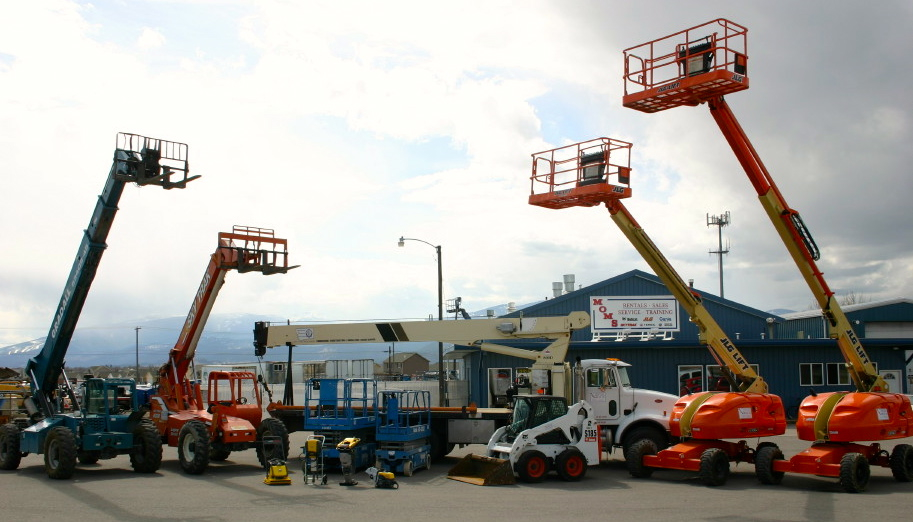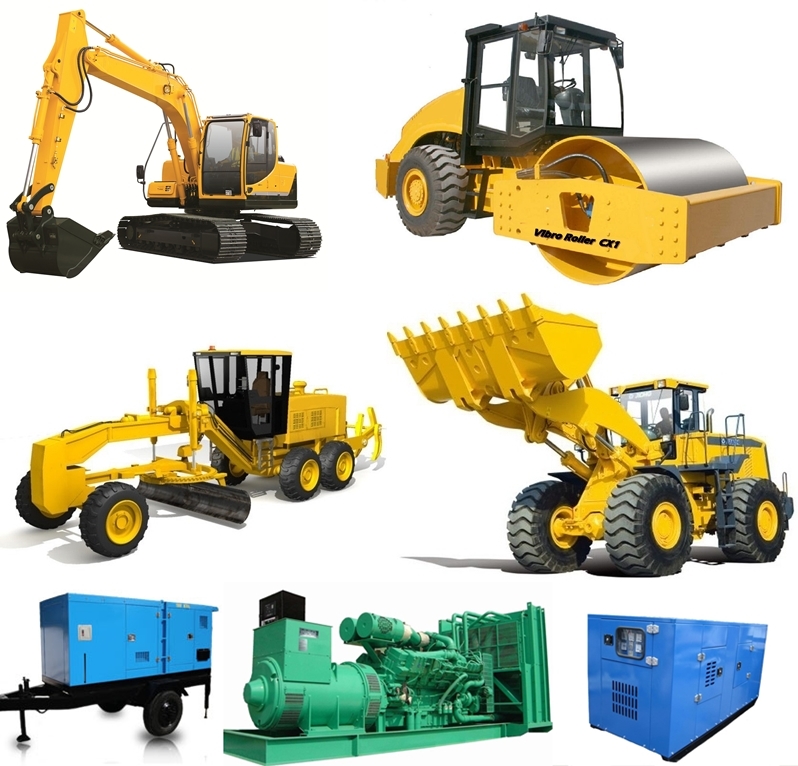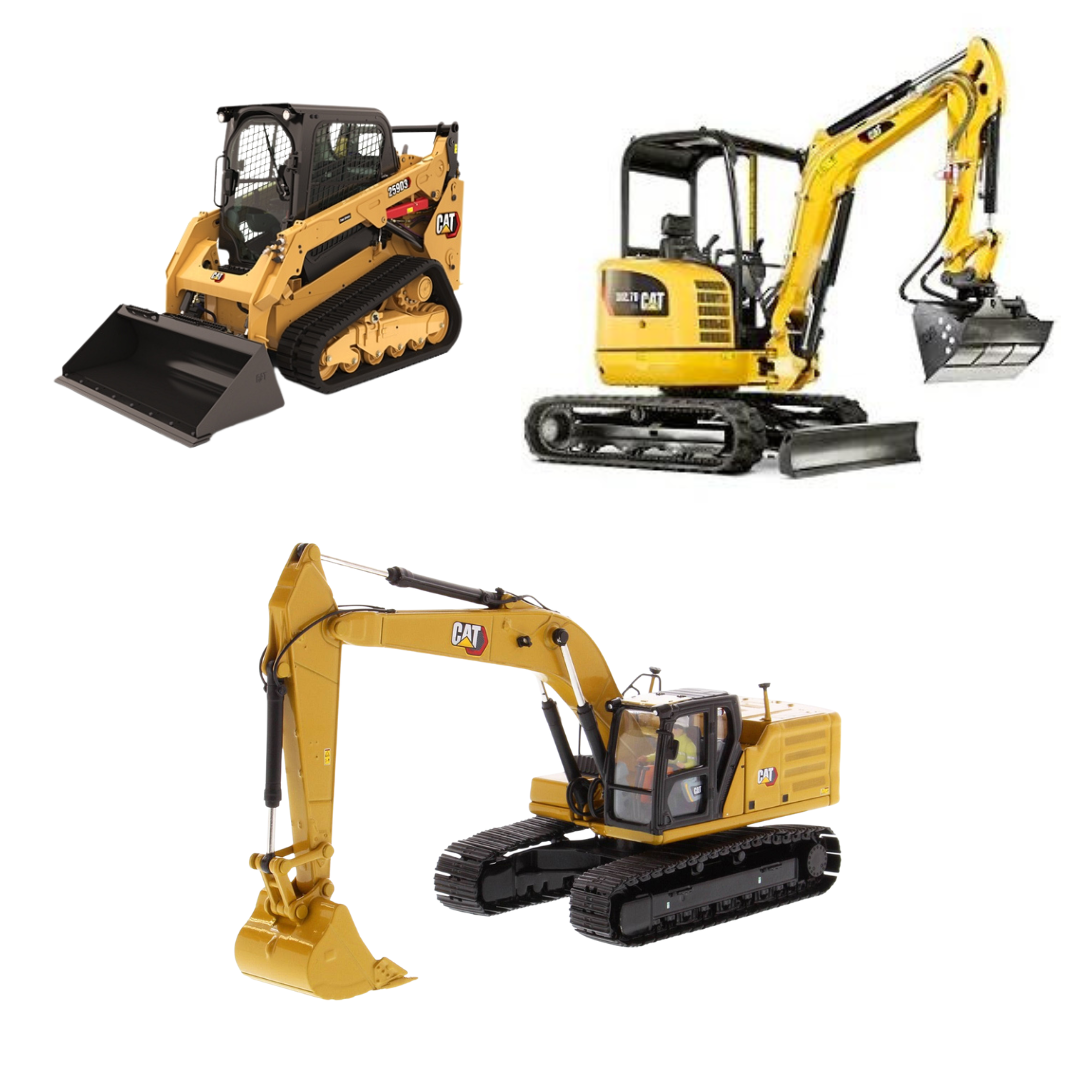Equipment Rental Company: Your Source for All Sorts Of Equipment
Maximize Your Spending Plan by Recognizing the Prices Related To Construction Tools Services
Recognizing the full scope of prices connected with construction equipment services is crucial for optimizing your budget. What approaches can be employed to efficiently handle these prices and make sure a much more reliable rental experience?
Review of Rental Costs
When taking into consideration building equipment rentals, comprehending the associated costs is vital for reliable budgeting and project planning. Rental expenses can vary significantly based on numerous aspects, consisting of tools type, period of leasing, and area. The initial rental fee typically reflects the tools's market need and its connected operational abilities, influencing the overall expenditure.
In addition to the base rental rate, supplementary costs might develop, such as transportation costs, gas surcharges, and maintenance fees. It is vital to account for these added costs to properly evaluate the total price of renting devices. Furthermore, the rental duration can impact prices; longer leasings may certify for affordable rates, while temporary leasings might incur higher everyday charges.

Failure of Rental Prices
A thorough understanding of rental rates is vital for service providers and job supervisors aiming to enhance their budgets. Rental rates for building and construction tools normally contain a number of elements, consisting of base prices, time-based fees, and usage charges.
Base rates are the core charges connected with the service of the tools, usually identified by the kind and size of the equipment. These prices can vary considerably, influenced by elements such as tools demand, accessibility, and local market trends. Time-based fees, which may be daily, weekly, or monthly, offer to suit various task timelines and rental periods.
Furthermore, rental prices may include use costs, which are appropriate when equipment is made use of past a defined limit, making sure that the rental business can represent damage. Seasonal demand fluctuations can likewise influence rental rates, with peak building and construction seasons usually regulating higher rates.
Moreover, recognizing the rental business's plans concerning upkeep and insurance can give further understanding into the general cost structure. By evaluating these parts, specialists can make informed decisions, making certain the choice of rental devices aligns with both project needs and budget restrictions.
Added Charges to Consider
Understanding the intricacies of extra costs is crucial for professionals to manage their total service expenditures effectively. Beyond the conventional rental prices, various supplemental fees can substantially influence the complete price of tools service. These costs often include delivery and pick-up costs, which can vary based on distance and logistics associated with carrying the devices to and from the task site.
In addition, some rental firms may enforce gas surcharges if the devices is returned with less gas than when rented. It is also important to be conscious of potential cleansing fees, particularly for specialized equipment that calls for detailed upkeep after use.

Extensively reviewing the rental agreement and making clear these extra fees ahead of time can assist professionals prevent unforeseen expenses and guarantee that spending plans remain undamaged throughout the job lifecycle.
Upkeep and Repair Service Expenditures
Normal repair and maintenance costs are frequently forgotten elements that can considerably affect the overall price of building tools rentals. When leasing equipment, it is critical to take into consideration not only the rental charges but likewise the prospective prices connected with keeping the machinery in ideal operating problem.
Lots of rental business consist of fundamental maintenance as part of the rental agreement; however, extra unanticipated break downs or extensive repair work can cause extra expenditures. It's essential to assess the rental contract meticulously to understand what maintenance services are covered and what obligations drop on the tenant.
In addition, tools that is not well-maintained can result in hop over to here ineffectiveness on the task website, potentially raising and creating hold-ups task costs. To alleviate these threats, it is a good idea to conduct routine assessments and preserve open communication with the rental provider pertaining to any type of problems that develop during usage.
Insurance and Liability Prices
Insurance and responsibility expenses are critical elements that can dramatically affect the general cost of building equipment services (forklift rental). These expenses guarantee that both the rental company and the customer are shielded from prospective financial losses emerging from crashes, damages, or theft throughout the rental period

Additionally, customers ought to be mindful of any deductibles or exemptions in the insurance coverage, click to investigate as these can affect prospective out-of-pocket expenditures. Comprehending the terms and problems of any insurance policy coverage is essential to avoid unanticipated costs. Eventually, budgeting for insurance policy and liability expenditures can help make sure a smoother rental experience and shield against monetary threats associated with building tasks.
Conclusion
In verdict, a thorough understanding of the expenses linked with building equipment rentals is necessary for reliable budget administration. By examining rental prices, additional costs, upkeep expenditures, and insurance demands, people and companies can minimize unanticipated expenditures. This tactical method not only boosts cost-effectiveness yet likewise makes sure that projects progress efficiently and successfully. Inevitably, informed decision-making regarding equipment rentals contributes to the overall success of construction undertakings.
Rental expenses can vary significantly based on numerous factors, including equipment kind, period of leasing, and location (rental company near me). The rental period can influence prices; longer rentals might qualify for affordable rates, while temporary services may incur greater daily costs
By carrying out comprehensive study and engaging with credible rental companies, contractors can properly browse the intricacies of rental pricing, ultimately optimizing their monetary resources.
Beyond the common rental rates, different auxiliary costs can significantly impact the complete price of tools rental. Rental companies commonly provide obligation insurance policy that covers injuries to 3rd parties or damage to read the article residential or commercial property, while devices damages insurance policy can cover the cost of repair services or substitute if the rented out equipment is damaged.